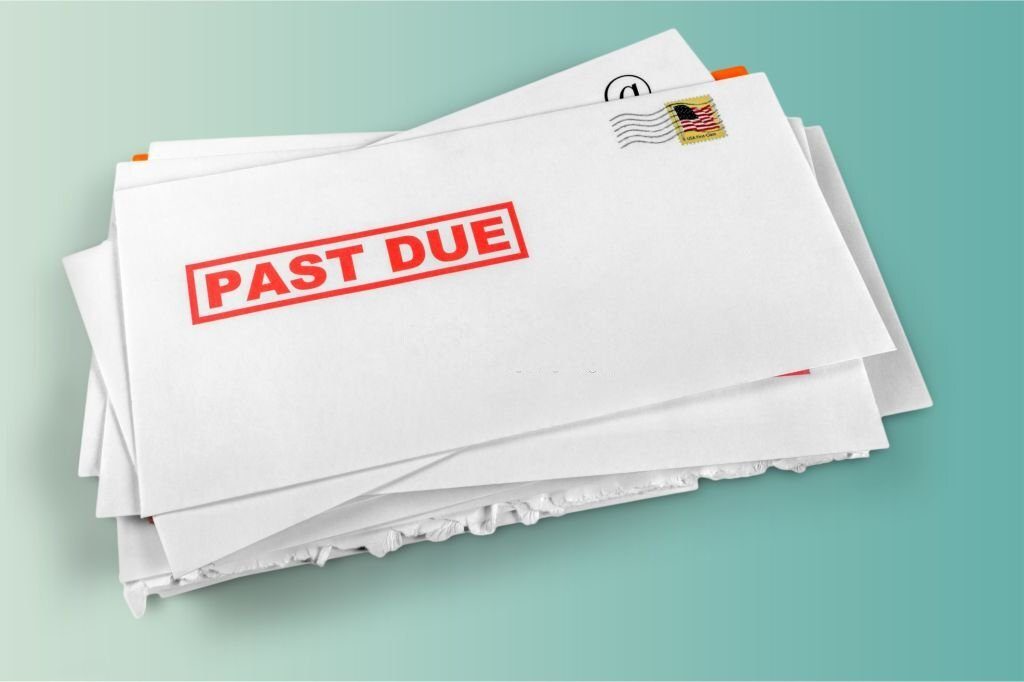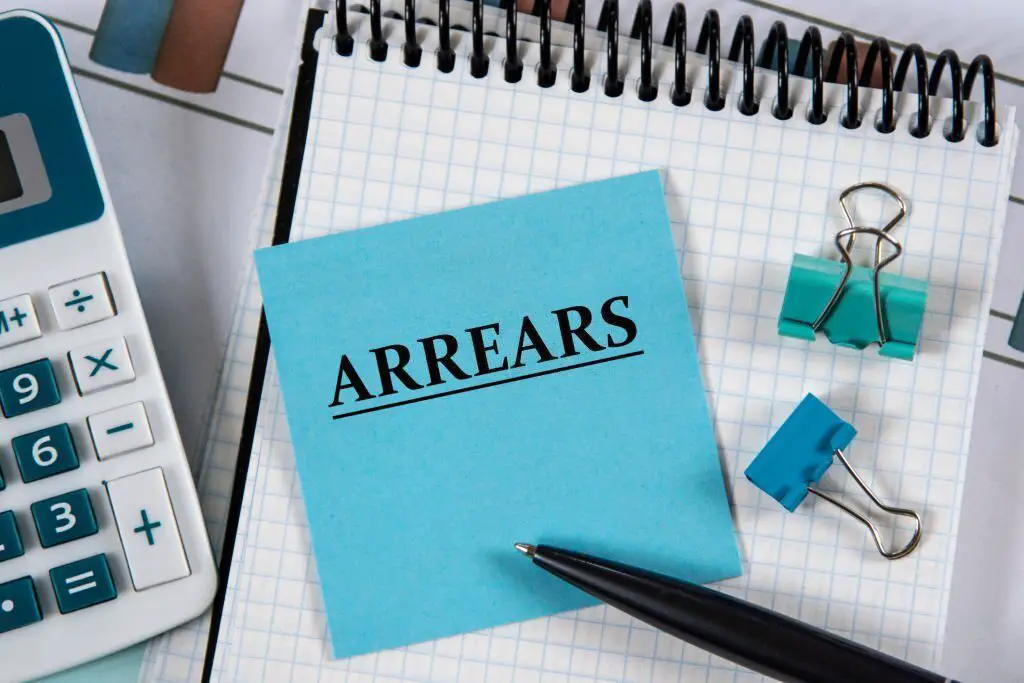
When it comes to how to collect spousal support arrears, when your ex-spouse has not made alimony payments as mandated by the court, you have several options for collecting what is entitled to you. Debts owed for spousal support are often given particular precedence among debtors under US law.
Support arrears, in general, are not dischargeable in bankruptcy and are not subject to a judgment revision requirement. There are additional simplified techniques for collecting from a paycheck, as well as particular considerations if collecting from historically untouchable income like VA and unemployment payments.
Most states have a separate agency that helps with alimony collection and may have special resources that are not available to the general public in dealing with spousal support that is past due.
When is Alimony Considered Past Due?
The issue of when alimony is considered late or past due is a little bit tricky. The due date is usually included in a divorce settlement agreement. Having said that, most people allow 30-day arrears before considering it a late payment. Some even allow 2 weeks, then another 2 weeks.
As stated, it’s up to what’s included in the agreement and/or judgment? Does it say, for example, that the payor spouse must pay by the 1st of each month? Or does it simply state that he/she must make payments without specifying a deadline? However, there are consequences for not paying alimony.
If the payor is merely obliged to make monthly payments and is not given a fixed deadline each month, he has the entire 30 or 31 days in the month to make the payment. If a deadline exists, he is late even if he misses it by a single day. There really is no grace period of 30 days or 2 weeks.
Determining Alimony Arrears / Overdue Balance

First, you need to Determine Alimony Arrears / Overdue Balance
Once you have established that the payor spouse is late and has defaulted on his/her alimony obligations, you’ll need a “money judgment” before you can collect any past-due spousal support payments, which means a judge assesses how much is owed and enters a judgment for the amount.
To figure out how much is owed, you’ll either need a formal agreement or you’ll need to file a motion in court asking the judge to accept your past-due calculations and figure out how much primary plus interest is owed for spousal support. You can collect on a money judgment once it has been issued.
How to Collect Spousal Support Arrears
To collect late alimony payments and arrears, you might need to write a ‘Demand for Alimony Payment letter’ which serves as a reminder for your ex-spouse of his or her support obligations to be paid by direct deposit alimony payments.
You can use the letter as documentation of your attempt to collect the payment and resolve the situation if your ex-spouse does not reimburse the past-due spousal support. However, if the past-due alimony arrears are not cleared, then you may be left with no other option than to file for contempt to get a court order to enforce the payment using the options outlined below.

There are different ways to receive Past-Due Alimony Support Payments
In enforcing and making it possible to collect spousal support arrears, you may likely need a spousal support or divorce attorney. The lawyer will assist you to go through the processes of obtaining a court order which may come in various forms, including:
– Bank Levy
To collect late o past-due alimony payments, you can ask the court for a “Writ” once you’ve received a money judgment. You can use this writ to have the local authorities, usually, the sheriff’s department, seize the debtor’s bank account or bank accounts up to the amount owed on the money judgment.
This is a fantastic and fairly cheap technique to quickly collect substantial sums of alimony or arrears. The disadvantage is that by the time you are able to charge the bank account, the debtor may have outsmarted you and cleared out their funds before you arrive. Furthermore, a bank levy implies that you already know the financial institution they use.
– Wage Garnishment or Income Withholding
Withholding sums due or overdue automatically from the debtor’s paycheck is one of the most popular collection strategies in various states. This is particularly important for those who work for renowned or big businesses that have a payroll department. When the wage is garnished, it’s then paid to the recipient by direct deposit alimony payment.
Wage garnishment for spousal support and support arrears is a regular practice, however, it can be complicated. It is, nevertheless, still one of the most prevalent and efficient methods of collecting spousal support or arrears.
– Tax Refund Intercept

Intercepting Tax refund is one way to collect late alimony payments
Often, debtors who are behind on their spousal support back pay are up to date on their taxes and will receive a refund in the first or second quarter of the year. When your alimony payments are past-due, you may be able to have their tax refund intercepted and redirected to you in order to pay your spousal support arrears.
– Suspension of Passport or Licenses
In some states, if you owe a specific sum in arrears, the debtor’s US passport will be temporarily suspended and can only be restored once the obligation is paid (with some exceptions). The DCSS has the authority to suspend any state-issued licenses held by a spousal support debtor.
Licenses such as a driver’s license, as well as other licenses issued by the state, such as a license to practice law or medicine, barbers, psychotherapy, and so on, can all be suspended as an incentive to pay a support obligation or arrears.
Spousal Support Back Pay Conclusion
When alimony is considered late, you are left wondering how to collect spousal support arrears, know that you first need to establish that it’s actually late by first writing to the payor owing the late alimony or who is avoiding the spousal maintenance payment.
If the defaulter refuses to pay the spousal support arrears, you can then proceed to the next step, armed with this evidence, The next step in recovering past-due alimony payments is by using different enforcement options to be ordered by a court, which makes it almost impossible for the defaulter not to pay the spousal support arrears.




